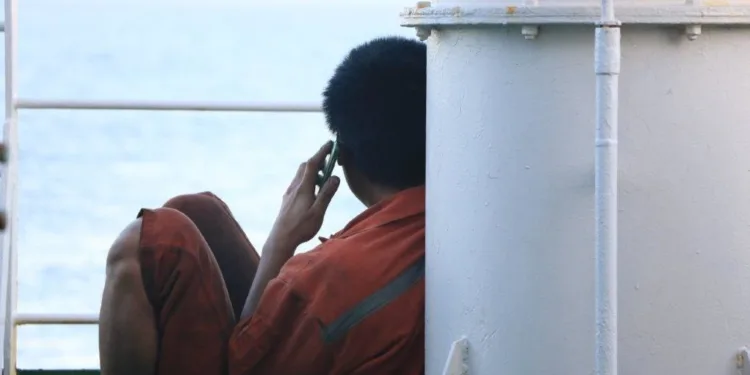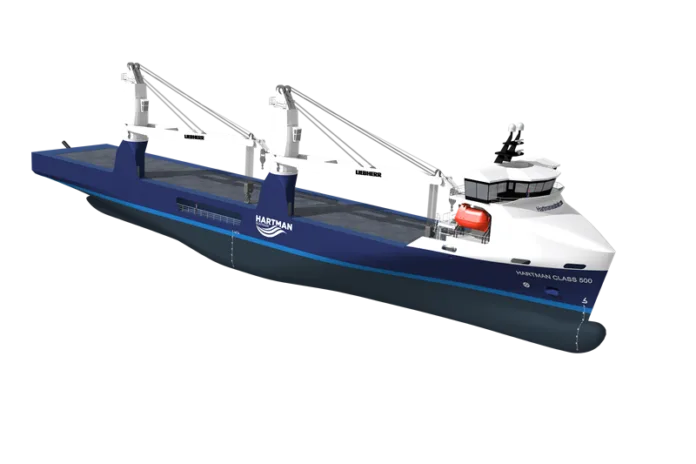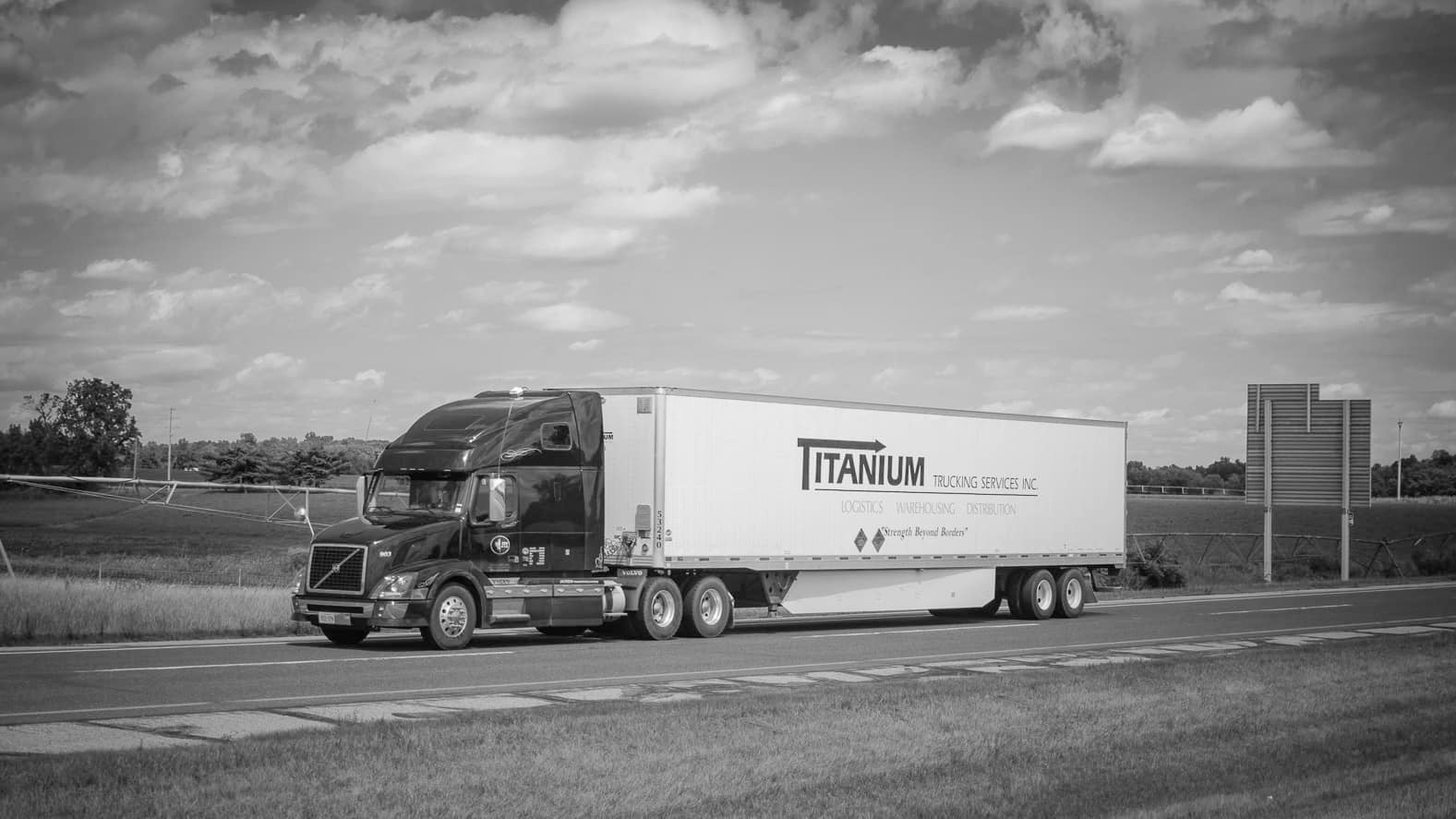Seafarers are finding it increasingly difficult to step ashore, with new research showing access to shore leave has dropped sharply since the pandemic.
A study by the ITF Seafarers’ Trust, Shore Leave and the Future of Port-Based Welfare, found a 61% fall in seafarers spending time in welfare centres since 2020. Nearly seven in ten respondents said most crew now spend less than two hours ashore when they do get the chance.
The findings echo a World Maritime University (WMU) report released earlier this year, which revealed that 25% of seafarers had no shore leave during an average six-and-a-half-month contract, and nearly half spent less than three hours ashore.
Access to shore leave must become the norm again, not the exception
The latest survey gathered responses from 96 staff and volunteers across 83 welfare organisations in 25 countries. It identified workload on board, short port stays, and company or port restrictions as the main barriers preventing crew from leaving their ships.
Katie Higginbottom, head of the ITF Seafarers’ Trust, said the results show a clear disconnect between industry rhetoric and reality. “If we take at face value the MLC regulation requiring that seafarers be granted shore leave to benefit their health and well-being, we must ensure operational and commercial factors don’t render this meaningless,” she said.
The report warned that without action, a “vicious circle” could emerge — fewer crew taking shore leave leading to declining welfare services, and the loss of welfare centres further reducing seafarers’ opportunities to go ashore.
Industry figures say reversing the decline will require coordinated effort from shipowners, regulators, and welfare organisations. “Seafarers’ welfare depends on shared responsibility,” said Jason Zuidema, general secretary of the International Christian Maritime Association (ICMA). “Access to shore leave must become the norm again, not the exception.”
The ITF Seafarers’ Trust urged regulators to review manning and rest-hour requirements to allow seafarers adequate rest and shore leave, while calling on shipowners to actively promote crew wellbeing as part of safe operations.















